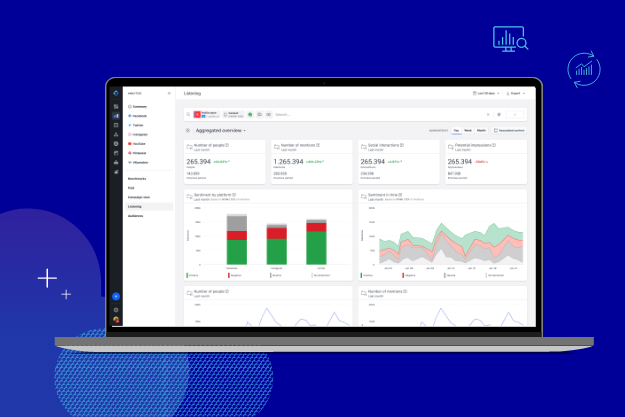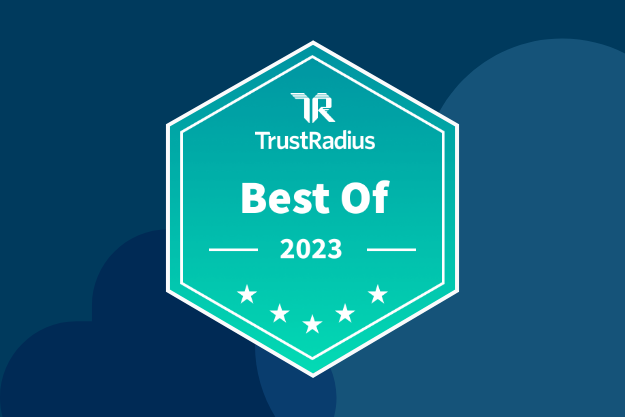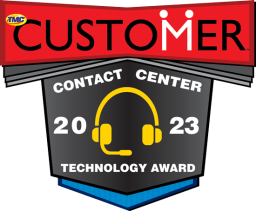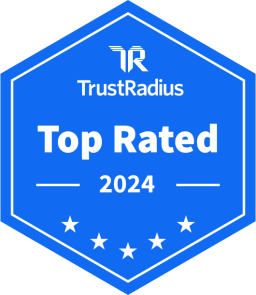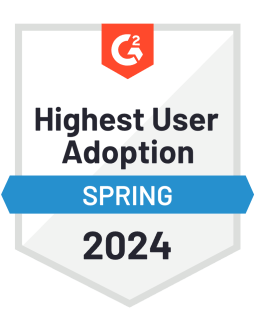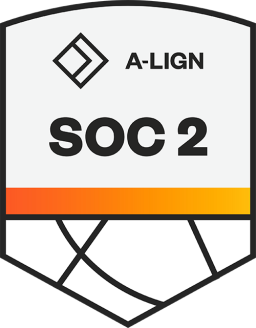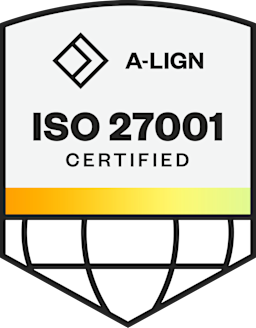Community management is one of the most important activities for brands that rely on social media to contribute to their marketing and sales cycles. People often confuse social media marketing with community management – but they are two distinct disciplines.
We took a look at how you can be successful in your community management practices and why these tactics are necessary for customer retention and acquisition.
What is social media community management?
Social media community management defines a process by which your business engages with its audience on social media. This most immediately pertains to your own social media profiles, but it can also include additional profiles you are monitoring like influencers or industry-related pages.
Effective community management often requires social media marketing tools that allow you to easily view, organize, and prioritize all incoming communications and conversations happening around your brand.
Social media community management begins at the very start of the customer journey, when the brand and customer relationship is established.
The strategy to grow and engage any given audience within the brand’s owned social space is used to attract potential customers and create conversions.
Actively managing your community to cultivate and nurture existing relationships will better your chances of converting your followers and improving your company’s ROI.
5 keys to building a community management strategy
To help you devise a successful community management strategy, it’s important that you have a well-defined goal. That’s why we will discuss the five key stages of social media community management and help you to develop appropriate tactics for each stage.
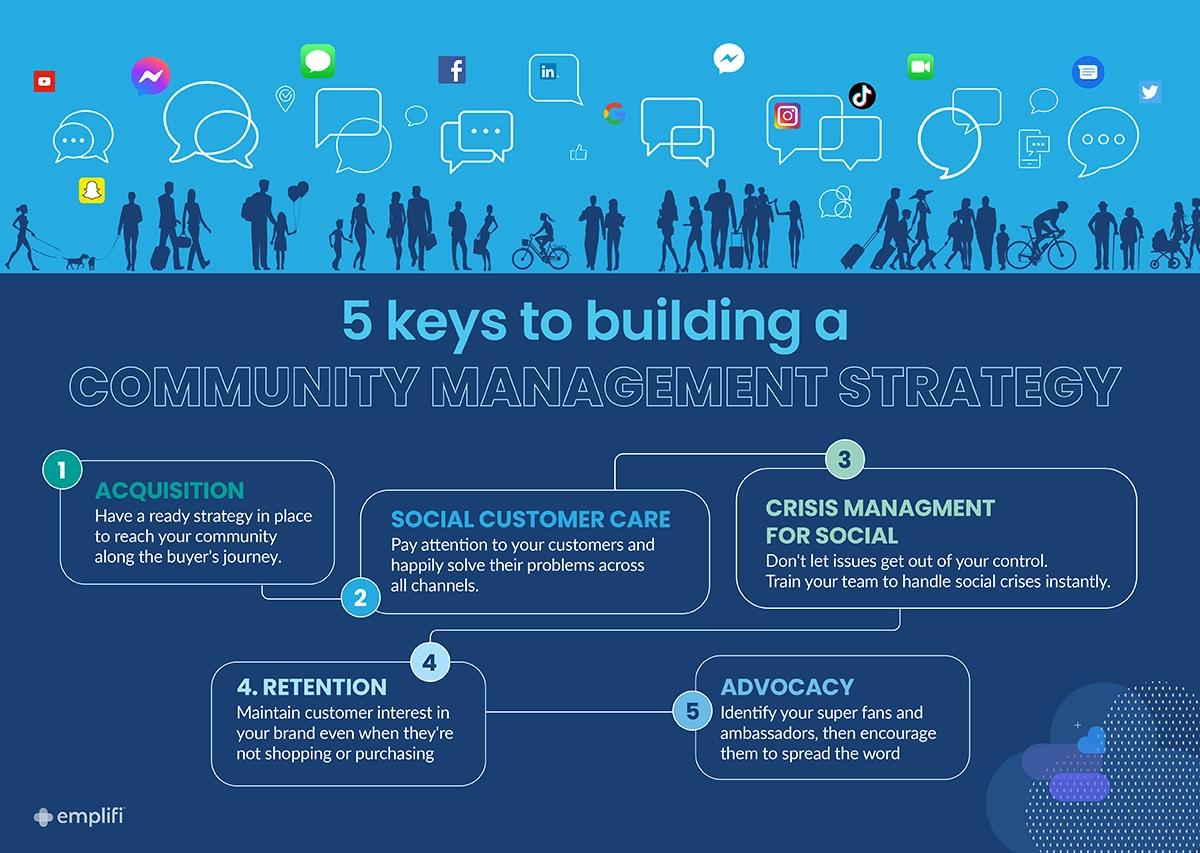
1. Acquisition
Marketers often don’t think of community management as part of their acquisition model, or sometimes the community management team can be disconnected from the parts of marketing that are driving business generation. This shouldn’t be the case.
Think of your existing community as the cornerstone of your marketing campaigns and likely the first ones to convert. The most loyal community followers can help elevate awareness for your brand, and earn additional media space.
From brand awareness and consideration to conversion, marketers can have a ready strategy in place to ensure that they reach their community all along the buyer’s journey. Plus, the community management team needs to be far more integrated into the business acquisition model.
Best practices
Here are steps to improve your customer acquisition efforts in your community management strategy:
Be ready with a social media community management strategy as campaigns unfold, and label your customer queries to reflect each business funnel stage.
Customize queries and expertise levels based on customer journey stages and leverage community feedback for campaigns and content.
While performance metrics paint the efficiency picture, you can also validate your marketing effectiveness through community engagement.
Did one part of your campaign get audiences talking more than others? Be sure to listen to what your community has to say.
2. Social customer care
More than ever, companies realize the potential of using social media channels for consumer-brand interactions.
We now have the ability to listen, monitor and analyze audience behavior, gain consumer feedback, and improve existing relationships.
Customer expectations have changed too. Our social media communities now expect lightning-fast responses. Emplifi research reveals 52% of consumers expect to receive a response to their questions within an hour, with 32% expecting to hear back within 30 minutes. Yet about 20% of consumers report that they typically have to wait at least 24 hours to receive a response.
Best practices
Here are steps to improve social customer care efforts around your community management strategy:
In order not to miss any important mentions or conversations, monitor all relevant queries and mentions, hashtags, posts from fans and followers on your owned profiles, and respond to them as quickly as possible. Unanswered complaints or questions can harm your brand’s reputation and strengthen the voice of unsatisfied customers.
Your community comprises people who are at different stages of the customer journey. Therefore, it’s important to remember that social customer care is not only related to existing customers. The customer care you provide today can influence whether a potential customer will make a purchase tomorrow.
Log every interaction with as much detail as possible into your customer care knowledge base – time, date, social platform, response time, customer care agent, type of interaction, etc. – so that the next time the same person contacts your brand for any reason, you can return to your previous conversation and retrieve the entire history instantly.
Introduce chatbots into your community engagement workflows. AI chatbots are used increasingly, as customers turn to social channels for near-instant brand engagement.
This technology can help overwhelmed customer care teams process similar queries coming from the community and increase response times while also handling conversations 24/7, which is exactly what consumers expect from modern social customer care.
Brand example
Today, customers expect the entire brand experience to take place on the channels they’re most familiar with. The days of switching from platform to platform to interact with a particular business are fast disappearing.
"Wherever and however our guests want to communicate, we want to be there for the guest," said Alex Bresette, Director of Guest Relations for Dine Brands. "Whether they’re looking for a warm, empathetic engagement on the phone, or to discuss through a social channel, Emplifi enables our team to provide that for our guests."
With Emplifi, the Dine Brands Guest Relations team has been able to reduce their average handle time on social cases from five minutes to only one. Read the full story
3. Crisis management
One aspect of community management that requires strategic planning ahead of time is crisis management.
If an issue arises and spreads across social media, it can cause immense damage to a brand’s reputation if it’s not handled in a timely and strategic manner. Problems can stem from in-store promotions to TV campaigns, unanswered social mentions to delivery issues. Teams need to have a plan and tools in place that let them spot such crises quickly and handle them instantly.
Best practices
Here are steps to improve crisis management for social efforts around your community management strategy:
Team coordination, product knowledge, and leadership are key. Determine who your social media team can reach out to if they come across difficult questions to answer.
Be proactive, have an established crisis management plan with defined tasks and responsibilities, so if a crisis hits, you’re already prepared.
The internal team organization for crisis management and customer care should facilitate the process of attending to negative comments. They should also be able to identify a crisis as a brand advocacy opportunity. Many complaints and negative mentions can be turned around if the brand and the social media team are prepared and can act swiftly.
In any crisis situation, it’s paramount to monitor brand sentiment. The goal for the team managing the crisis is to ensure negative sentiment doesn’t snowball out of control. While the community management team should be addressing comments as efficiently as possible, it’s key that the overall sentiment is monitored in parallel.
4. Retention
As social communities grow, brands face new challenges of creating content that keeps their audience engaged. Not to mention, there’s so much competition for attention on social media feeds; a large community can become uninterested and, over time, disengage with a brand’s content.
So how do you keep them continuously interested in your brand even after purchase?
Best practices
Here are steps to improve retention efforts around your community management strategy:
Monitor the topics and themes you’ve been exploring in the past year to make sure you’re not being repetitive. Save every content piece your audience loves into a content collection – this will make reviewing content with your team and coming up with fresh ideas so much easier.
Another tactical idea is to target your community based on where they are in their customer journey. Create targeted campaigns to offer rewards for those community members you fear may be close to disengaging or, vice versa, you can aim to target those that engaged most recently.
We mentioned this earlier, but don’t forget to include your most loyal fans when creating new campaigns. Try getting them to test out new products before you market to wider audiences, or give them early access or a premium version of your service.
Offer rewards, discounts, or specially created products to show your appreciation. This can be a great opportunity to turn fans into brand ambassadors! Which leads us to our next point.
5. Advocacy
The last phase of community management is to identify and engage with super fans and brand advocates. This phase validates a job well done for the brand, from product conception to community care.
Social media makes it possible to identify super fans, potential brand ambassadors, or micro-influencers within your community. This is especially easy if you are using social media analytics tools that can help you identify those community members who engage with your content the most or leave the most positive brand mentions.
Best practices
Here are steps to improve advocacy efforts around your community management strategy:
Monitor every mention and newly used hashtag that accompanies your brand and products so that you can create a table view where anyone in your team can easily identify the most prominent users that are creating content around your product.
Evaluate which users are creating great content and add user-generated content (UGC) into your marketing mix. That way, you can feature this authentic feedback and scale your content strategy at the same time.
Invite brand enthusiasts to participate in product conception, design, and marketing campaigns – they can become great contributors to your creative process. This will help you maintain positive relationships with your champions, and they will gain special treatment from your brand.
The takeaway
For each phase of social media community management, it’s important to pay close attention to how your audience responds to your efforts and learn from past mistakes. A good all-around best practice for community management is to maintain a knowledge base of what has worked – and what hasn’t – so it can serve as training material for new social media team members.
It should include the details of customer interactions within social platforms, detailing the date, social platform, issue addressed, the name of the social member who addressed the problem, the name of the customer, and CRM identification number with a link to their profile, and finally information on how or if the issue was resolved.
Then tag each “ticket” and classify it as positive, negative, crisis, advocacy and, whenever possible, link with the content in which the issue was started – whether it was an ad, a link, or a product offer. The tagging will allow future team members to understand what was done in the past with regard to specific issues, while managers will be able to understand where their issues are arising from.
As new social media management features become available on each platform, make sure your brand is ready to embrace them. Ensure that these new features are appropriate for your social strategy and what objectives can be achieved with them. Involve members of your social media team to draw the guidelines for managing the community with each feature and be prepared to deal with a crisis in every format on every platform.
And one last tip – it’s easier when your community is managed all in one place.















